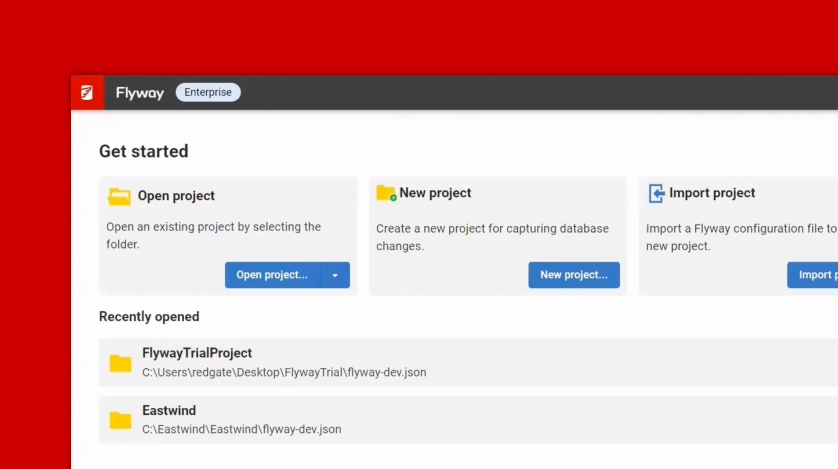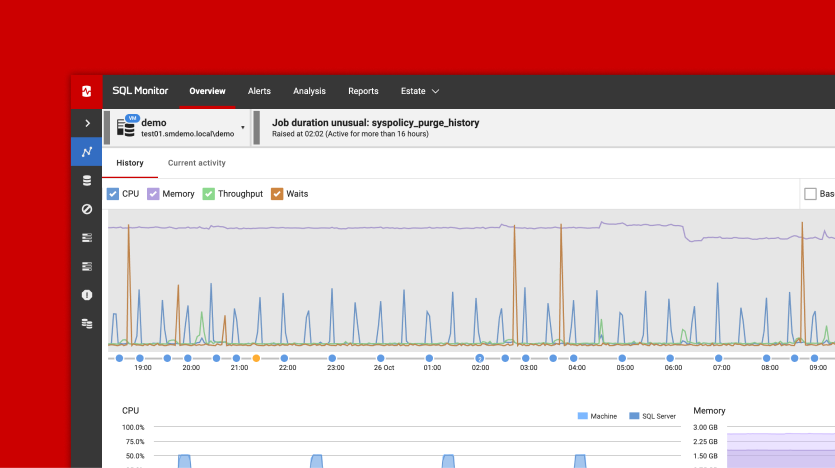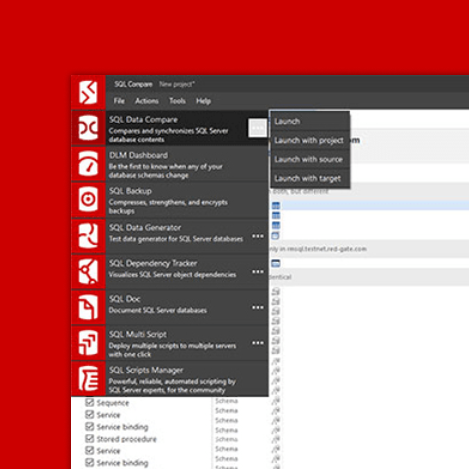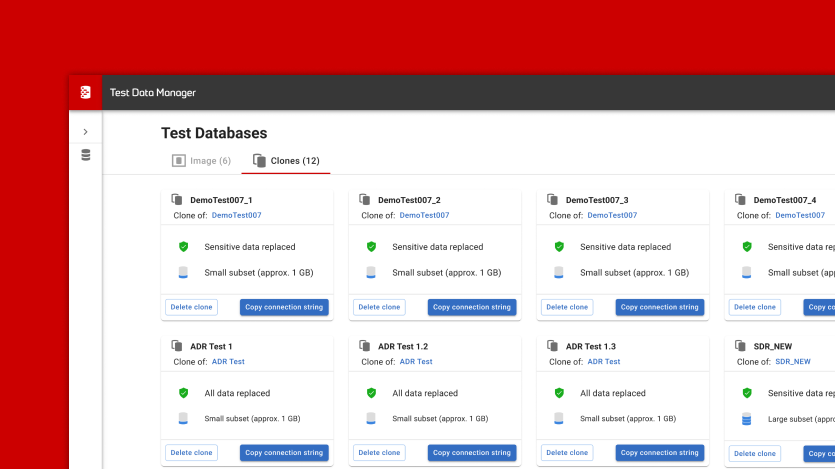Product Marketing is dead, long live Product Marketing!
Does the term ‘bill of materials’ mean anything to you? I’m at risk of showing my age here, but back when I started my marketing career in a large B2B software enterprise, the Product Marketing Manager was responsible for pulling together the bill of materials that would ship with a new software release. And when I say ship, I mean the things that were printed and collated into a box, with a disc and sent to a customer: the Ts&Cs, the install instructions, the glossy ‘what’s new’ booklet, and the packaging itself. They were also responsible for creating the playbook for the launch campaign, which regional marcomms teams then had to execute on: the email to existing customers, the slide deck on v6.2 for the customer roadshows. Important work, but very much focused on the final stages of getting a product to market
It was gradual at first, but before we knew it the ground began to shift underfoot. The SaaS model matured, more industries started bringing digital services to their customers and technology markets suddenly became more crowded. Most marketers were concerned about being in a ‘me too’ market, so creating demand for your offering became rooted in competitor displacement and maximizing the true lifetime value of a customer.
This in turn led to the rebirth of Product Marketing, and it is a core reason why I am so passionate about it is as a marketing discipline. Nowadays, especially in high-growth tech companies like Redgate, the Product Marketer is a crucial role, adding value much earlier in the process of bringing a product to market.
We are responsible for researching market dynamics and making sure our offering stands out, thereby creating opportunities for more users to benefit from great products. I’d summarize how we do this and who we work most closely with in three ways:
-
We drive strategy with Product Management
We work in close partnership with Product Management (who lead on understanding user requirements and product fit). Together, both functions have huge impact on the strategic direction the business takes. Product Marketers are responsible for identifying target markets and understanding the competing forces that might influence a target customer - those forces might be other personas in the buying cycle, or competing products. We share our knowledge with Product Management and work together to create opportunities to better meet the needs of customers in those markets through effective go-to-market planning.
-
We create commercial intent with our Marketing peers
Product Marketers tend to work 3-6 months ahead of the rest of marketing, who in turn are working ahead of the sales teams to create market awareness and generate leads. We are unashamedly geeky when it comes to research and analysis, and we are polished and precise in our communications: we bring buyer personas, product messaging and compelling talking points to our colleagues in Customer Engagement, Demand Generation and Account Based Marketing roles, supporting them with the delivery of effective marketing plans.
-
We unblock the buyer journey with Sales
Product Marketers need to be highly commercially orientated, working with sales to understand win/loss rates and providing actionable insights to the rest of the business on the key drivers behind our wins (and losses). We map buyer journeys to understand what good looks like, which personas are carrying the most influence and which touchpoints are most effective. This drives us to ensure that the sales teams have all the right content and messaging to communicate clearly and effectively to key stakeholders in their accounts, whether that’s guides on how to beat the competition or whitepapers that position Redgate as a credible domain expert.
Were CDs in boxes still an actual thing, I suspect we’d still play an important role in pulling that bill of materials together too. But more and more of our time is spent on the work earlier in the product lifecycle, so that when we are ready to take it to market, the whole business is united in understanding who the target customer is and what the intention behind the launch is.
If how we do it at Redgate excites you, or if you know someone who you think would ace all of the above, please check out our current vacancies and share away!









